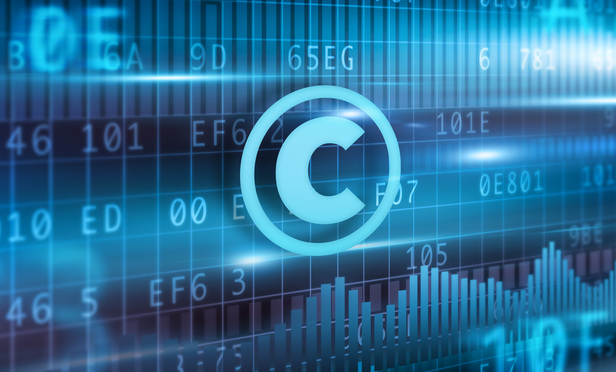The value of a typical business used to be dominated by its physical assets such as manufacturing plants and equipment. However, in recent years, we have witnessed an economic transformation, whereby intellectual property (IP) assets such as patents, trade names, trademarks, software, and copyrights have become a larger component of company value. The derivative markets for property in the form of licenses have also become more robust. The value of licenses can be derived from IP or other (i.e., non-IP) economic rights.
As companies increasingly enter into licenses, either as the licensor or licensee, the importance of understanding the value of these derivative assets has increased. And, while license-related issues might not occur as frequently in commercial litigation as those related to other types of intellectual property, one area in which license values have become a source of contention relates to bankruptcy disputes involving debtors who are parties to licenses.
This content has been archived. It is available through our partners, LexisNexis® and Bloomberg Law.
To view this content, please continue to their sites.
Not a Lexis Subscriber?
Subscribe Now
Not a Bloomberg Law Subscriber?
Subscribe Now
LexisNexis® and Bloomberg Law are third party online distributors of the broad collection of current and archived versions of ALM's legal news publications. LexisNexis® and Bloomberg Law customers are able to access and use ALM's content, including content from the National Law Journal, The American Lawyer, Legaltech News, The New York Law Journal, and Corporate Counsel, as well as other sources of legal information.
For questions call 1-877-256-2472 or contact us at [email protected]



